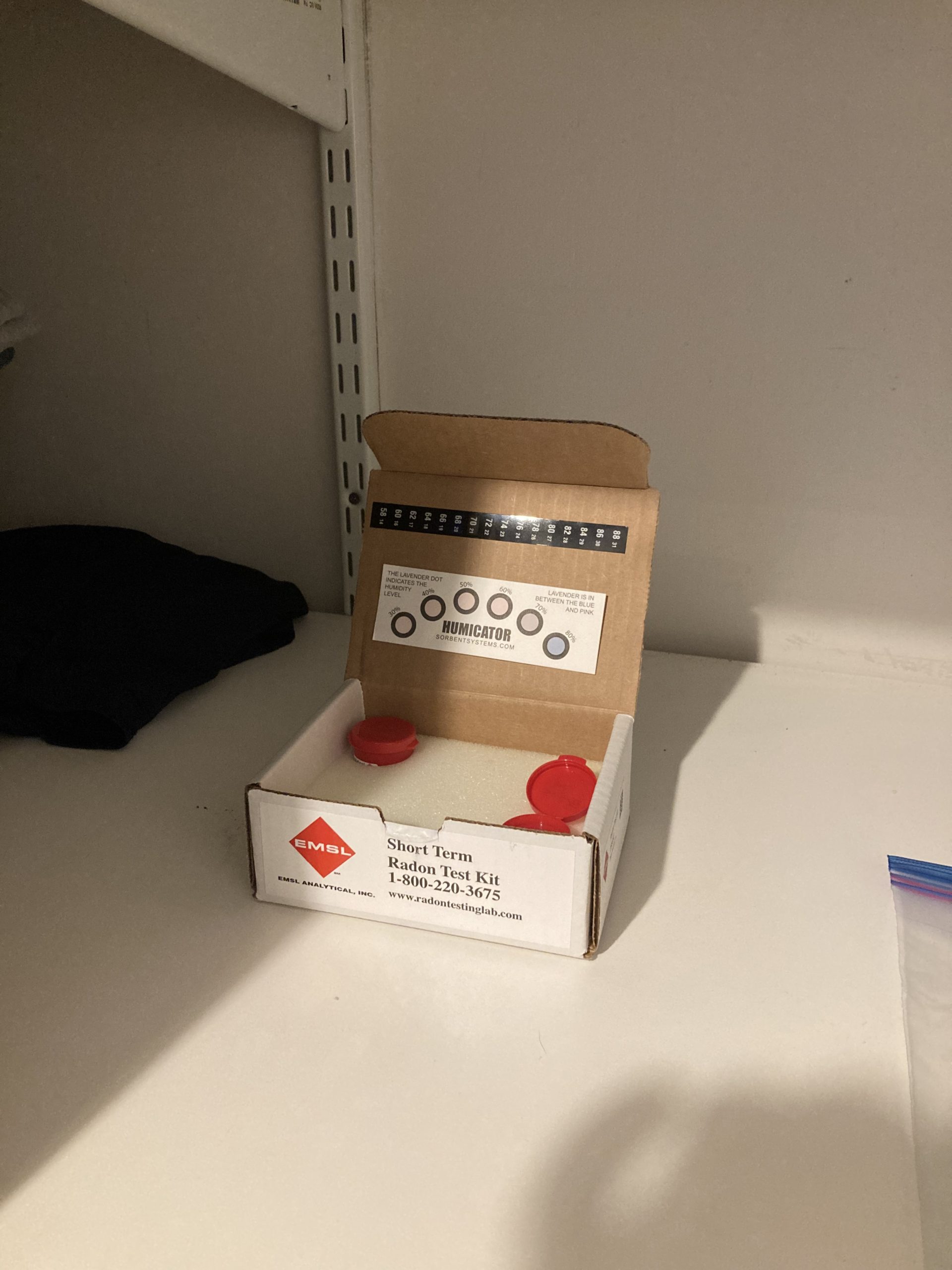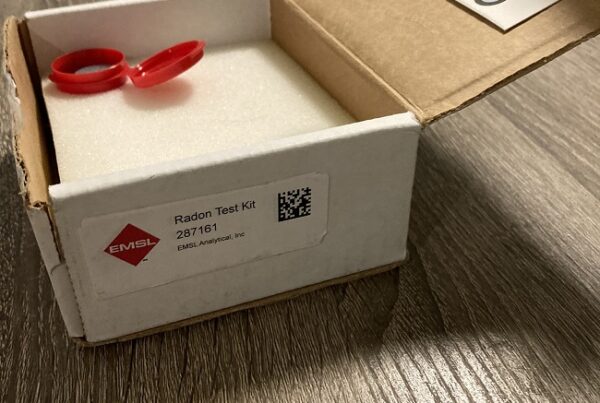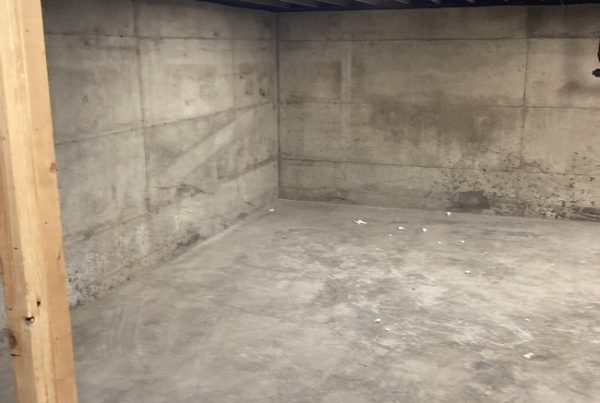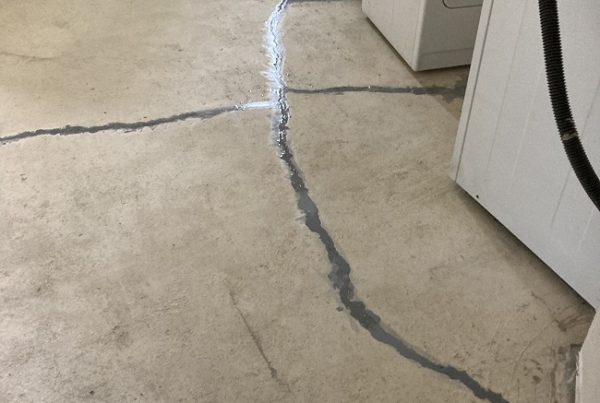
Radon gas is a dangerous substance that is odorless, colorless, tasteless, and responsible for the demise of about 25,000 Americans each year. Radon gas is a breakdown of uranium in the earth and slips through cracks in the foundation, ground and gets inside your house. When radon is inhaled, it gets into your lungs and can cause cancer. Radon is most common in Alaska, where levels reach over 10 pCi /L (Picocuries/L). The EPA sets safe levels of Radon gas at between 2 pCi/L to 4 pCi/L. Radon levels that are above the upper limit require radon abatement.
How do radon tests work?
Radon tests are conducted in the lowest living area of a home or commercial building. A radon gas test kit is used and contains one and up to two canisters with unique charcoal filters. Special attention is taken to ensure the radon kits are set up correctly to collect a good sample. The area where the sampling will be done should be closed off for at least 12 hours. There should be no traffic in the space where the kit will be installed for the sampling duration, and no outside air can enter the area. It takes between two to four days for a radon gas test. You can also be in the home during the testing as long as you stay out of the room. You will use the heating and cooling system, but windows and doors have to remain closed.
How to pass a radon test
To pass a radon test, make sure the equipment has not been tampered with and that conditions before the testing starts are in order. Once the sample is obtained, make sure the package is closed and remains closed until it reaches the testing laboratory, the canister must arrive closed to prevent a false reading. The sample reading can not exceed 4 pCi/L to pass a radon gas test; if it does, you will need to hire a radon abatement contractor to get the levels down.
Radon testing cost
Depending on the type of building and situation for the test, whether it’s a real estate transaction, a homeowner test, or a commercial building, the cost for a radon test usually costs around $350 for a homeowner test, $425 for a real estate transaction test, and mid to large size commercial building radon gas testing can cost between $800 to $3000. But shop around to find the best service provider for the price.
Radon testing near me
You may have radon testing service companies in your region; all you need to do is contact your local building department for a list of consultants or search google for one. You can also contact the experts at 5 Microns Inc. for assistance with radon gas testing. We are available to serve you Monday to Friday from 8 am to 5 pm, and Saturday from 9 am to 3:30 pm. Call 425-440-8787 Now!



